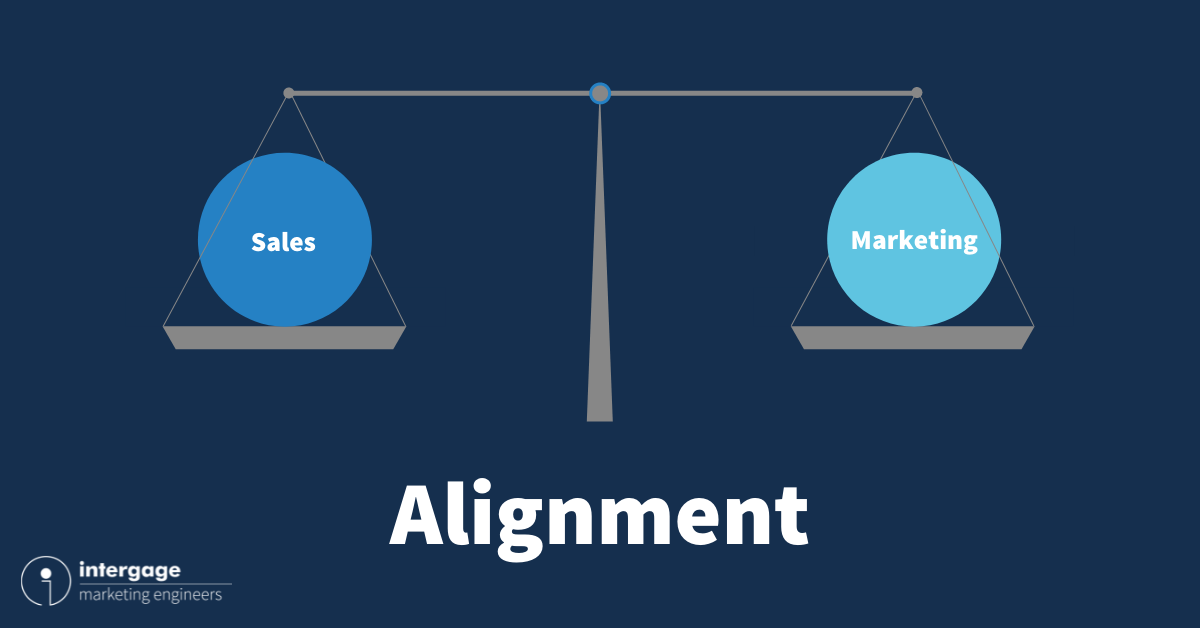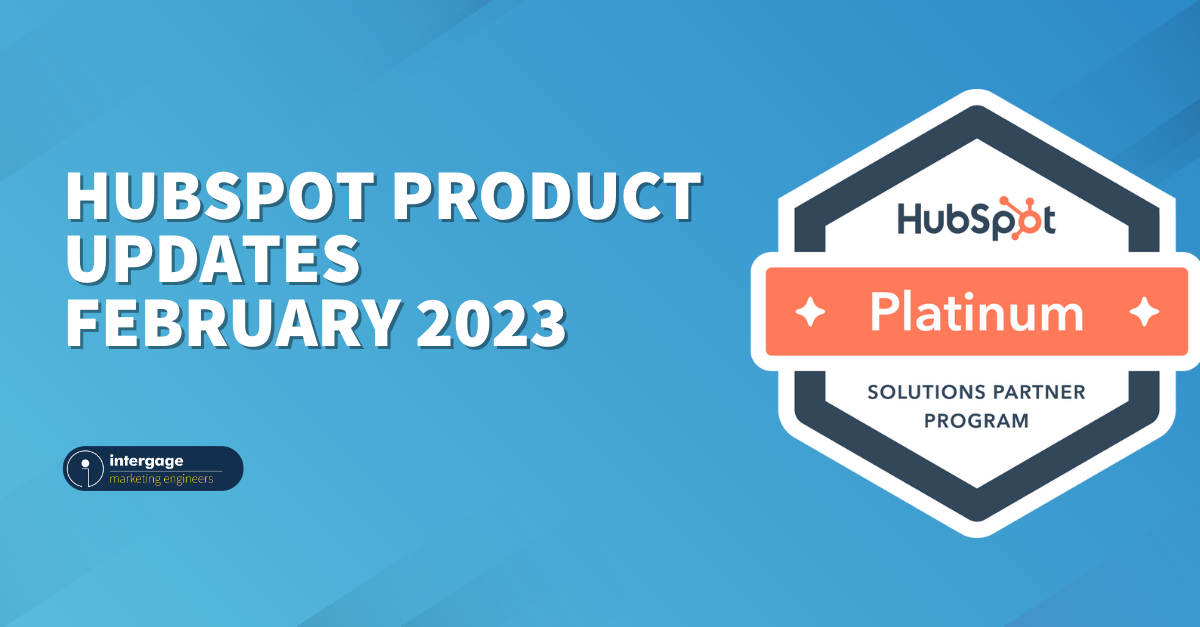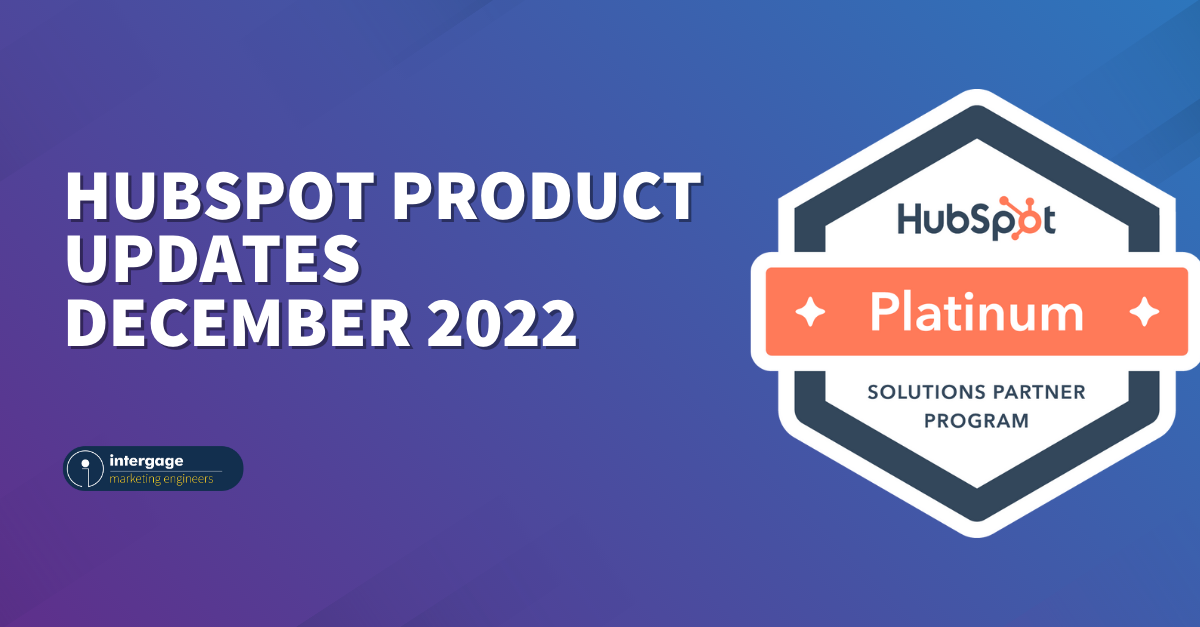How Do Engineers And Manufacturers Measure Marketing Success?
Accurately measuring your marketing strategy can feel like a daunting task and particularly so if you work for an industrial business. Notorious for long sales-cycles, complex buying teams and big-ticket purchases, engineering and manufacturing businesses can struggle to prove return on their marketing investment. That said, you won’t know how best to progress your marketing efforts if you don’t know how it’s performing.
This is something we see time and time again with industrial businesses and it often means calculating marketing returns is a bit of a stab in the dark.
We don’t like stabbing in the dark at Intergage. We prefer to make data-driven decisions which we know will help our clients reach their carefully considered KPIs. That’s why we have included an entire section on measuring results and return in our State Of Marketing in Manufacturing Report.
You can download the full report here but we thought we’d give you a sneak peak of some of the results in this blog…
Performance Tracking & KPIs
KPIs, or Key Performance Indicators, are a key ingredient in any successful marketing strategy (otherwise, you couldn’t truly call it successful). But it appears that an alarming number of industrial businesses don’t accurately measure their marketing success.
In a recent survey, CMI found that just under half of respondents to their Industrial Marketing Report were actively measuring content marketing success. Not only this, but 18% of respondents admitted to not using any success measurement metrics for their content marketing at all! That’s a lot of missed potential.
However, there are some industrial businesses that do use KPIs to measure their marketing. In our Marketing in Manufacturing survey, we found that measurement of new sales leads, website conversions and leads-to-sales conversion rate were the most popular KPIs amongst engineering and manufacturing businesses.
.png?width=732&name=Survey%20report%20charts%20(35).png)
These KPIs are important – not only do they allow you to measure the hard return on your investment, but they also allow you to make informed decisions about how much you invest in marketing, as well as where you invest it. Intergage’s Marketing Director, Mike, discusses more on this topic here.
Once you know your leads-to-sales conversion rate, you’ll know how many sales leads you need to generate and in turn, how many website conversions you need to achieve that target number.
Simple, right?
Unfortunately, our survey also revealed was that only 23% of engineering and manufacturing businesses take average customer lifetime value into account when measuring their marketing efforts. Even fewer (17%) consider the cost of customer acquisition.
Without measuring these factors, it becomes incredibly difficult to know the real impact marketing is having on a business, particularly amongst B2B firms who typically offer larger ticket items over a longer timeframe.
It seems that industrial businesses spend most of their time trying to pour leads into the top of the funnel, instead of understanding what their current customer base is worth to them and selling into businesses who already like, trust and know them.
Business Objectives
You can’t talk about KPIs without talking about business objectives. After all, your KPIs - if set up correctly - will be tracking progress towards these goals. KPIs give you insight into where you can apply more focus and give yourself a better chance of meeting your objectives.
45% of industrial businesses state that the primary goal for their marketing strategy is ‘to generate new business leads’. This is largely unsurprising but also relatively difficult in an industry with such long sales cycles.
.png?width=1200&name=Survey%20report%20charts%20(36).png)
Having succinct KPIs to measure newly generated leads can help you increase your sales pipeline in a more predictable way. For example, you may choose to measure form conversion rates on a particular landing page. If you know you have a high conversion rate, you can optimise your marketing collateral to bring prospects to this page. This will increase the amount of people you inject into that part of the funnel and therefore increase the number of leads.
Second on the list was ‘to increase brand awareness’, followed by ‘increase sales’, ‘increase profits’, ‘increase market share’, and then lastly, ‘increase customer lifetime value’.
It came as a surprise to see so few people in industrial sectors placing such little priority on an increase in market share (just 5%), when an increase in market share can improve almost all other goals listed.
While building market share can be a long process, it has the potential to sustain long periods of increased marketing performance. This, therefore, indicates there is a theme of respondents looking for results now, rather than building more reliable and sustainable growth for the future.
Meeting KPIs
Once we had a better understanding of how manufacturing businesses were tracking their marketing performance, we wanted to know how well they believed they were doing to meet, or exceed, these objectives.
The results did not tell a positive story.
The question was based on a scale between 1 and 10; 1 being ‘not meeting marketing objectives at all’ and 10 being ‘meeting or exceeding objectives consistently’.
22% of respondents rated their marketing as a 5, stating that they felt their marketing was right between ‘no results’ and ‘consistent results’. When we take this into consideration alongside the limited use of KPIs, we really start to paint a picture of marketing in the industrial business world today.
44% of all respondents chose 5 or below, which shows they believe their marketing is currently underperforming. This suggests, once again, a lack of strong marketing activity, as well as an absence of strategy which is capable of returning real results.
Only 3% of respondents felt their marketing was achieving or exceeding their objectives. This indicates that creating the right KPIs and measuring results is a challenge within this industry. It could also suggest that industrial businesses struggle to deliver tangible results when it comes to their marketing, which is perhaps even more of a concern.
Despite this, marketing activity within this sector is on the rise, with more businesses planning out a marketing strategy than years previous. This shows that if you are within the 21% of those without a marketing strategy, you are in real danger of being outmanoeuvred by your competitors.
Conclusion
Setting KPIs to help focus your marketing efforts and drive its performance are an integral part of any successful marketing strategy. You need clear cut business objectives and concise KPIs to help you realise these objectives.
Above all, our survey results demonstrate an absence of high-performing marketing strategies within the industrial sectors. However, for businesses ready to go against the grain and step up their marketing efforts, this presents an exciting opportunity for growth.




